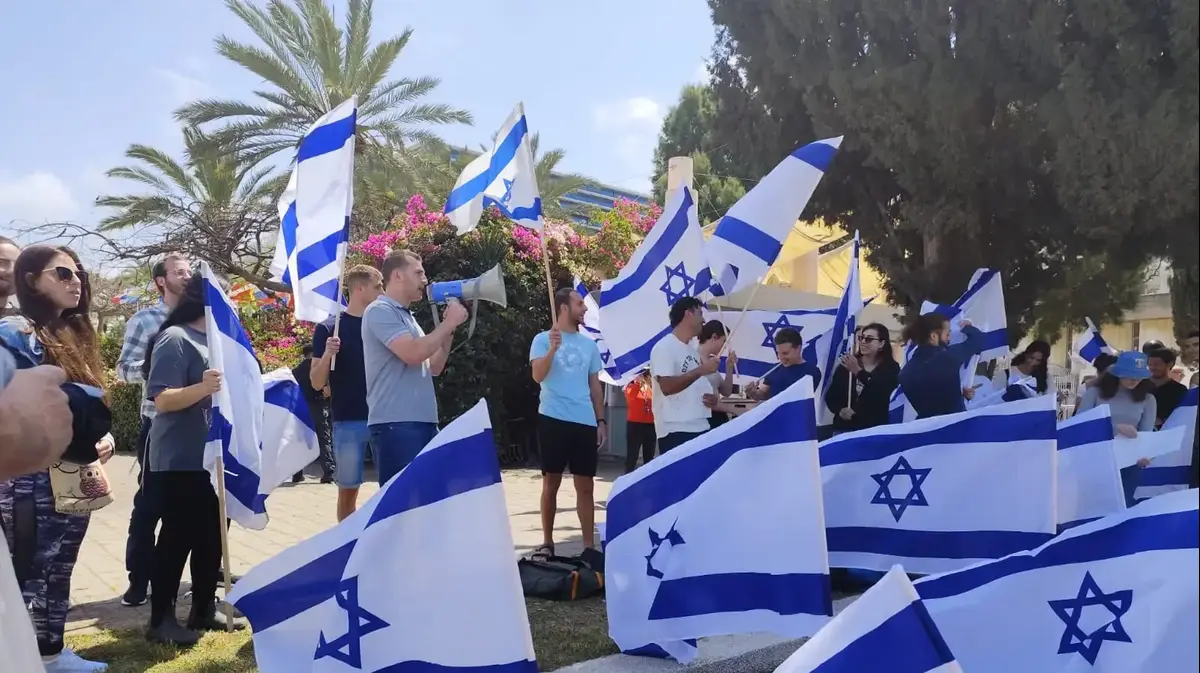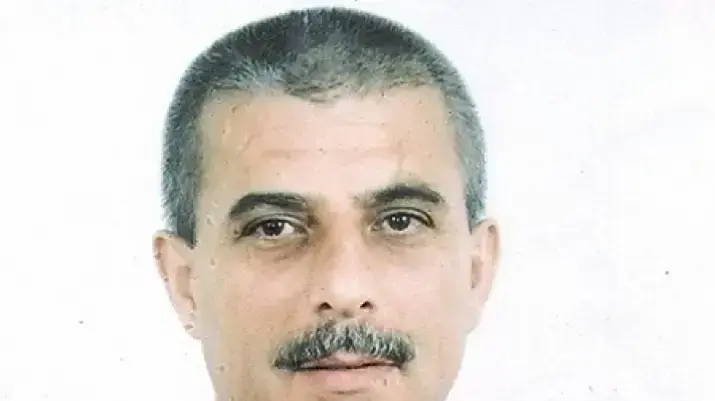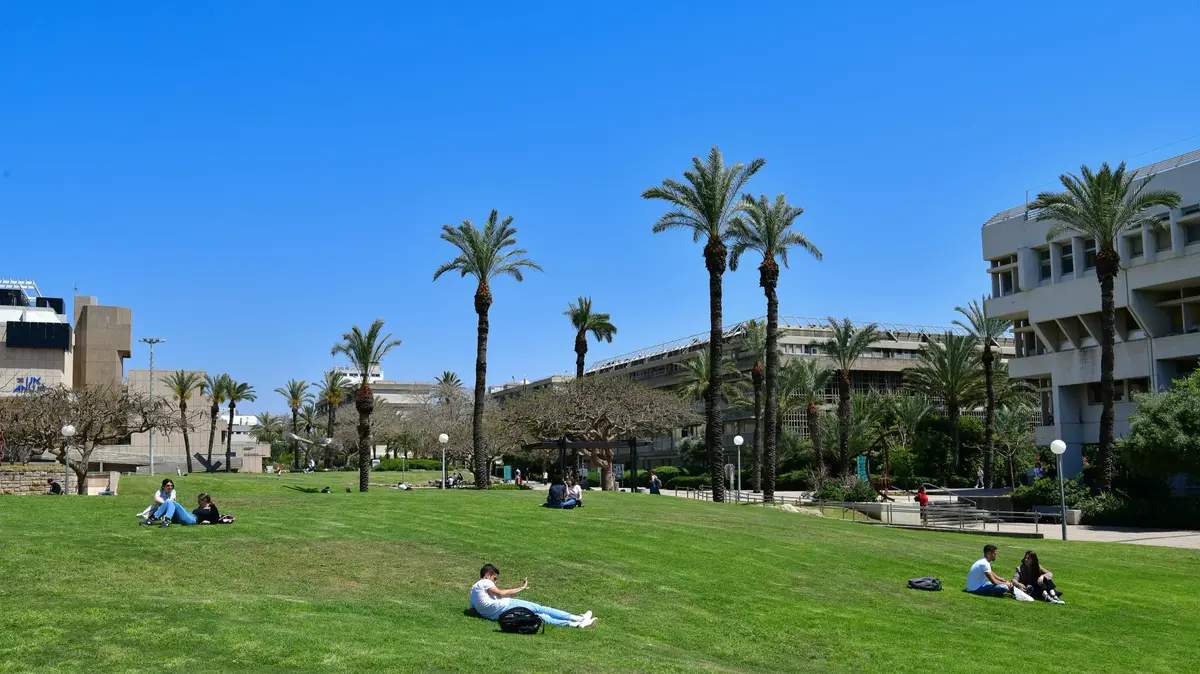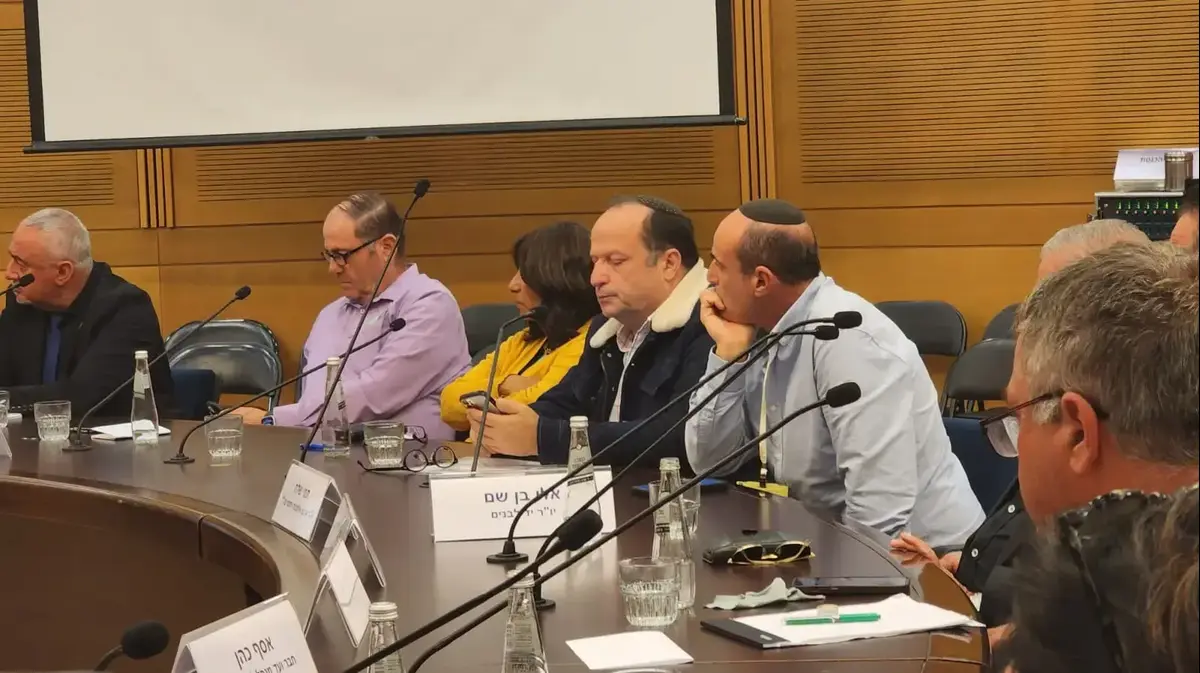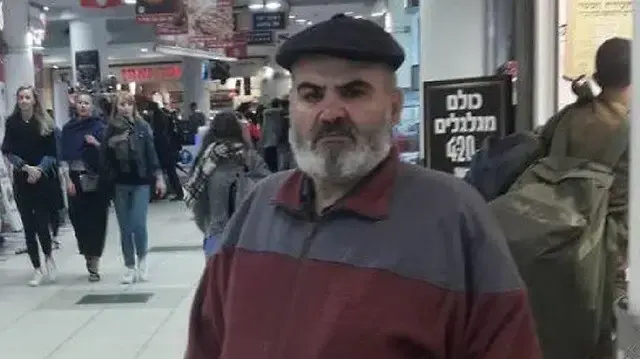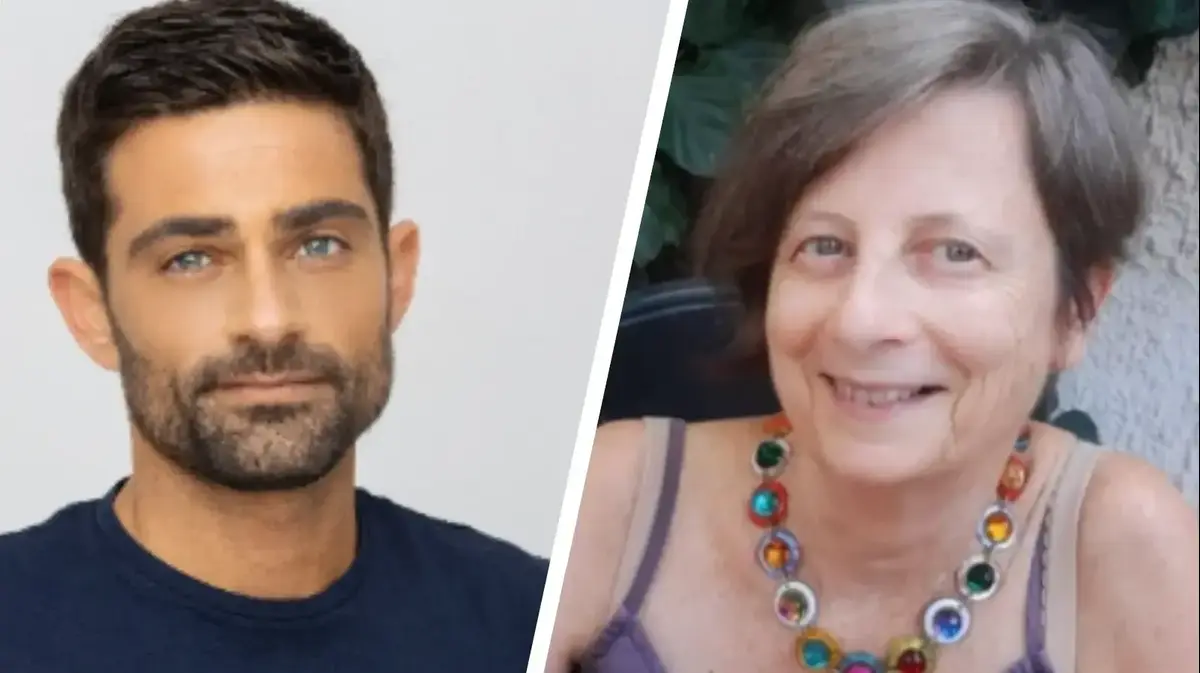An innocent man got off a bus at the Beit Lid junction and his traces disappeared. • A few days later, his body was found. • In the court, the family members went on a rampage:
The late Moshe Tamm
Photo:
Courtesy of the family
At the bottom of the second page of the "News" newspaper on August 11, 1984, readers were informed of the shocking murder.
"A soldier's body was discovered in Samaria. Signs of violence were found on the body. A notice was given to the soldier's family. The IDF opened an investigation." The body of soldier Moshe Tamam was found in an orchard near the settlement of Mevo Dotan, in what would later turn out to be a shocking attack.
Moshe Tamam was born in 1965 to Galia and Eli in the Havatzelet Hasharon transit camp.
He completed his high school education at the Neurim Vocational School, where he specialized as a technical equipment operator, and in 1983 he enlisted in the Engineering Corps and served as an instructor for operating heavy mechanical equipment.
On August 6, he went on vacation to his home.
At first he met his girlfriend Ayelet and accompanied her to her home in Tiberias.
He then got back on the bus and got off at the Beit Lid station.
Then his traces disappeared.
The driver, a resident of Petah Tikva, remembered well the couple who hugged together at the bus stop.
"I told him, I do not understand how you leave such a cute friend in Tiberias," he told the newspaper after finding Tamm's body.
The driver was the last to see him alive.
"During the trip, Moshe Tamem turned to the driver and asked him if he was stopping at the Netanya junction. The driver replied that he was stopping at the Sharon junction (Beit Lid).
On August 10, four days after he disappeared, his body was found by an Arab farmer in a pit on the side of the road that ascended to the settlement of Mevo Dotan in Samaria, with severe signs of sabotage on it.
The farmer turned to the village mukhtar and told him that a soldier had fallen asleep under an olive tree, because his killers had placed him under a tree in the position of an old man.
The Mukhtar sent a jeep to the scene, and after the "old soldier" did not respond to the sirens, residents of Mevo Dotan were called to the scene, followed by the security forces.
On the same day, Oren Tamam, Moshe's brother, said that they demanded the enactment of a death sentence for the terrorists.
Three days after Moshe Tamam was found, he was buried in the military cemetery in Netanya.
"Moshe will not come home anymore, Moshe will not bring the bulldozer of work anymore. My son is gone, my pride is gone. Instead of the wedding we are accompanying you for burial," cried his mother.
At seven, Ayelet, his girlfriend, told about the last moments she saw Moshe alive.
"Last Monday Moshiko went on vacation. When we got to the bus stop he promised to call me from his house. He did not call and I started to worry."
Already in the days after the attack, investigators realized that he had boarded a ride from which he did not return, dubbed a "ride to death."
In the same method, four soldiers were killed in the decade before the attack, three of them at the Beit Lid junction.
A year and a half after the attack, the circle was closed, and the four terrorists, residents of Bekaa al-Gharbiya, were captured.
In May 1986, an indictment was filed against them exposing the horror.
The four, Ibrahim Razek Badassa, Walid Daka, Ibrahim Naif Abu Mokh and Rushdi Abu Mokh, all members of the Popular Front for the Liberation of Palestine, were ordered to abduct an Israeli soldier and transfer him to Syria.
The four were looking for a soldier, and when they saw Tamam at the Netanya interchange, they stopped him and he went up.
While driving, two of the terrorists pulled out the pistols in their possession, handcuffed him with a rope and covered his eyes with a rag.
They drove him to the squad leader's house and imprisoned him for two days, so they decided to execute him because they feared they would be caught on the way to Syria.
They drove near the settlement of Mevo Dotan, took down Tamam and placed it in an olive grove.
Ibrahim Razak drew his pistol and fired at Tamam Yeria, who scratched his forehead.
After the soldier fell to the ground, Ibrahim leaned toward him and fired once more in the direction of his chest.
Razek and Naif then returned to the car where Roshari, the terrorist who had been released from prison today, was waiting for them.
On March 2, 1987, the terrorists were sentenced to life in prison.
The soldier's family members, who heard the sentence in the military court in Lod, started rioting, spitting and cursing, throwing shoes and glasses at the terrorists.
"Murderers, villains, lowly people. You are worse than animals," Moshe Tamem's mother shouted at them.
The judges ruled that Walid Daka and Rushdie Abu Mokh were equal partners in the murder.
The riot was so great that there was concern for the safety of the terrorists and those were multiplied into an isolated cell by a large military force.
As they left the courtroom, the family members said that "I wish they would release the terrorists, so it would be easier for us to catch them and murder them with our own hands."
Rushdie Abu Mokh was released today (Monday) from Ketziot Prison after 35 years in prison, the sentence imposed on him by President Moshe Katsav.
"The killer is released back to his home, which is a short drive from a family home, so simple," the soldier's niece, Ortal Tamm, wrote yesterday.
"The killer, Rushdi Abu Mokh, is going to be my family's neighbor and Minister Deri does nothing. Why does the interior minister have the authority to revoke citizenship if not exactly for these cases? Denial of citizenship of anyone who sees state soldiers as enemies to the point of murder? To the point of glorifying the killer? ".
Tamam added: "My grandparents paid the most expensive price for this country. They do not deserve to meet their son's killer in a supermarket or market or in line for a doctor. My father, my uncles and aunts, also paid the most expensive price for this country. No. They deserve to live in fear. "

